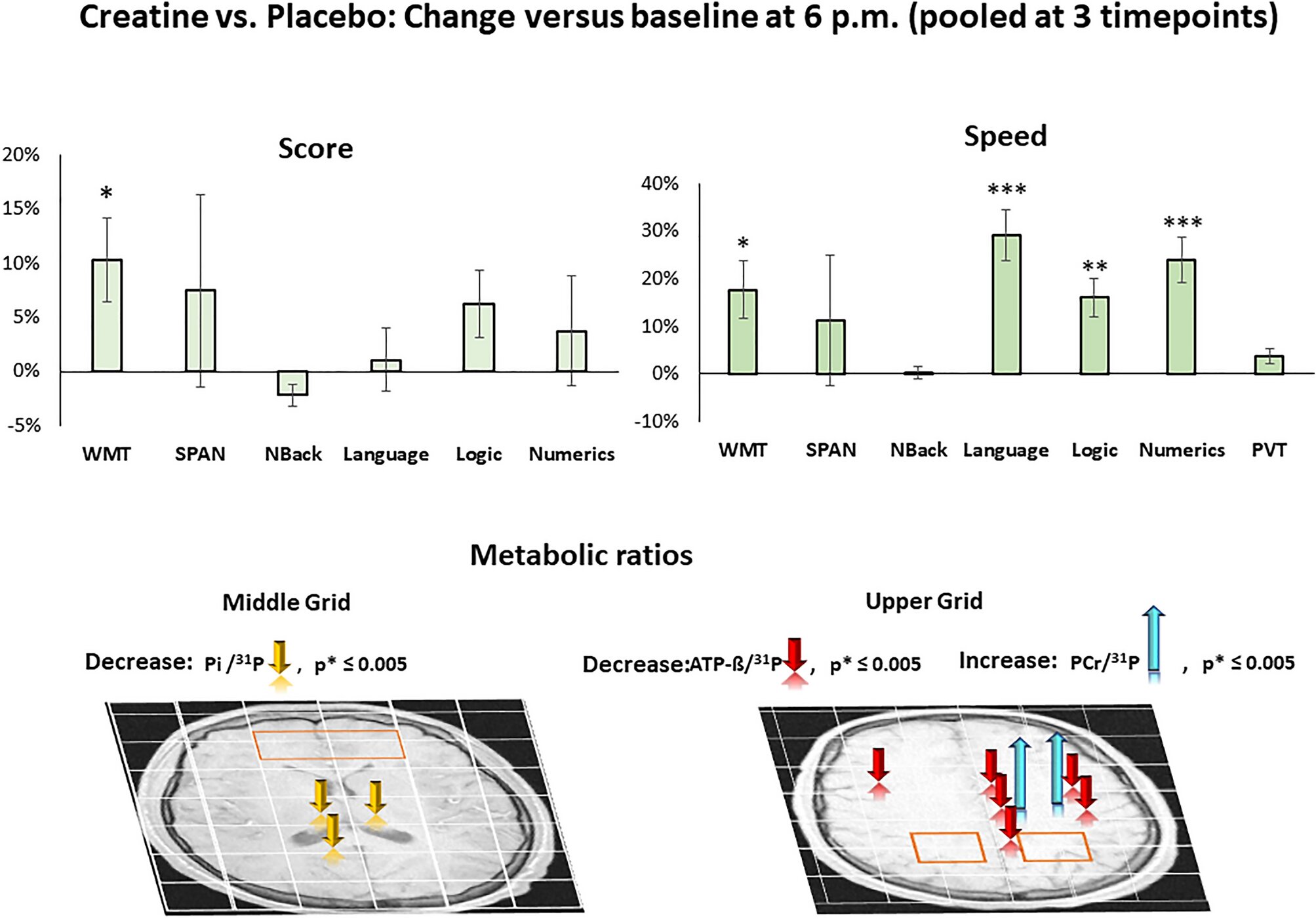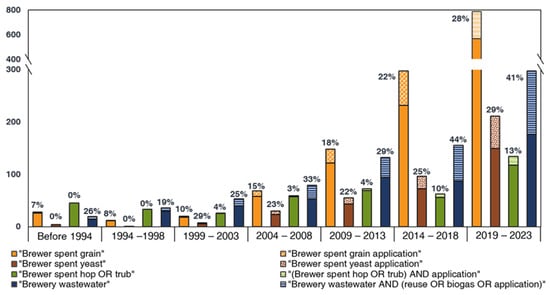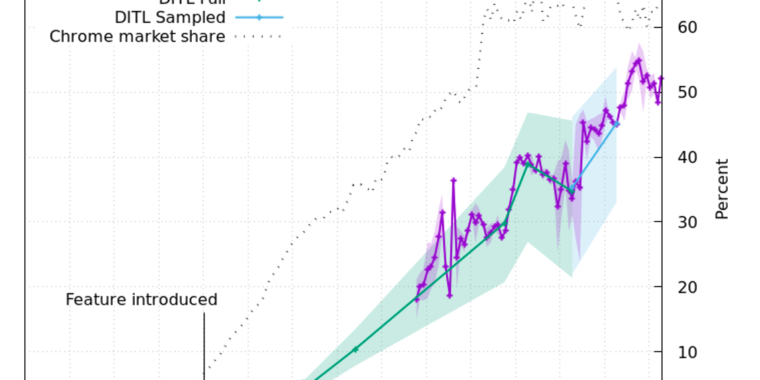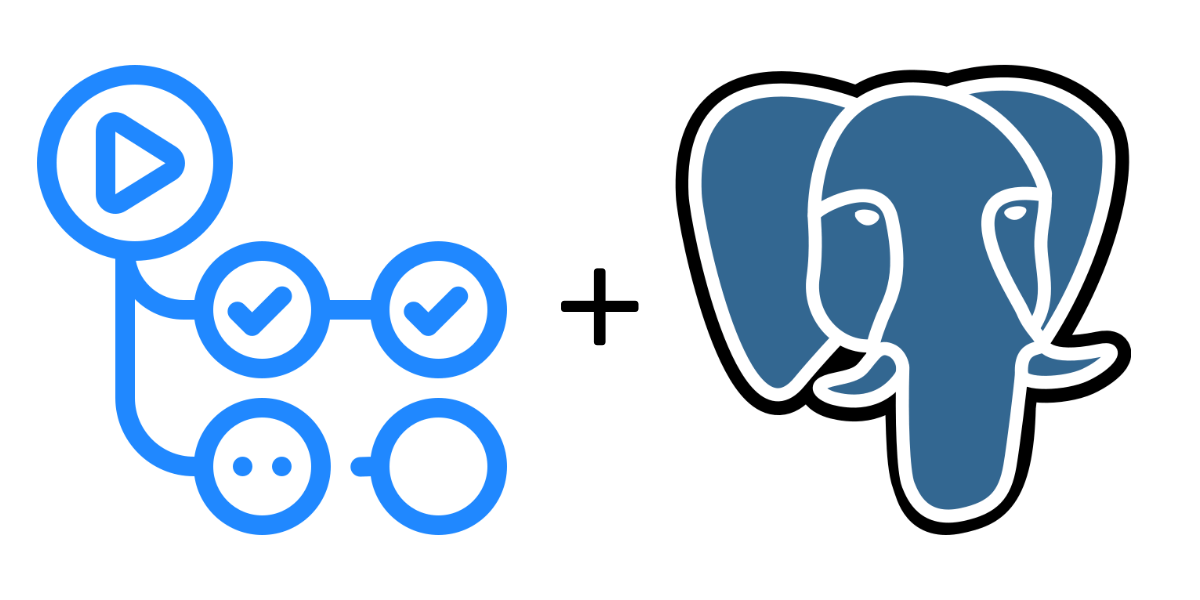
How Life Became an Endless, Terrible Competition
In the summer of 1987, I graduated from a public high school in Austin, Texas, and headed northeast to attend Yale. I then spent nearly 15 years studying at various universities—the London School of Economics, the University of Oxford, Harvard, and finally Yale Law School—picking up a string of degrees along the way. Today, I teach at Yale Law, where my students unnervingly resemble my younger self: They are, overwhelmingly, products of professional parents and high-class universities. I pass on to them the advantages that my own teachers bestowed on me. They, and I, owe our prosperity and our caste to meritocracy.
Two decades ago, when I started writing about economic inequality, meritocracy seemed more likely a cure than a cause. Meritocracy’s early advocates championed social mobility. In the 1960s, for instance, Yale President Kingman Brewster brought meritocratic admissions to the university with the express aim of breaking a hereditary elite. Alumni had long believed that their sons had a birthright to follow them to Yale; now prospective students would gain admission based on achievement rather than breeding. Meritocracy—for a time—replaced complacent insiders with talented and hardworking outsiders.
Today’s meritocrats still claim to get ahead through talent and effort, using means open to anyone. In practice, however, meritocracy now excludes everyone outside of a narrow elite. Harvard, Princeton, Stanford, and Yale collectively enroll more students from households in the top 1 percent of the income distribution than from households in the bottom 60 percent. Legacy preferences, nepotism, and outright fraud continue to give rich applicants corrupt advantages. But the dominant causes of this skew toward wealth can be traced to meritocracy. On average, children whose parents make more than $200,000 a year score about 250 points higher on the SAT than children whose parents make $40,000 to $60,000. Only about one in 200 children from the poorest third of households achieves SAT scores at Yale’s median. Meanwhile, the top banks and law firms, along with other high-paying employers, recruit almost exclusively from a few elite colleges.







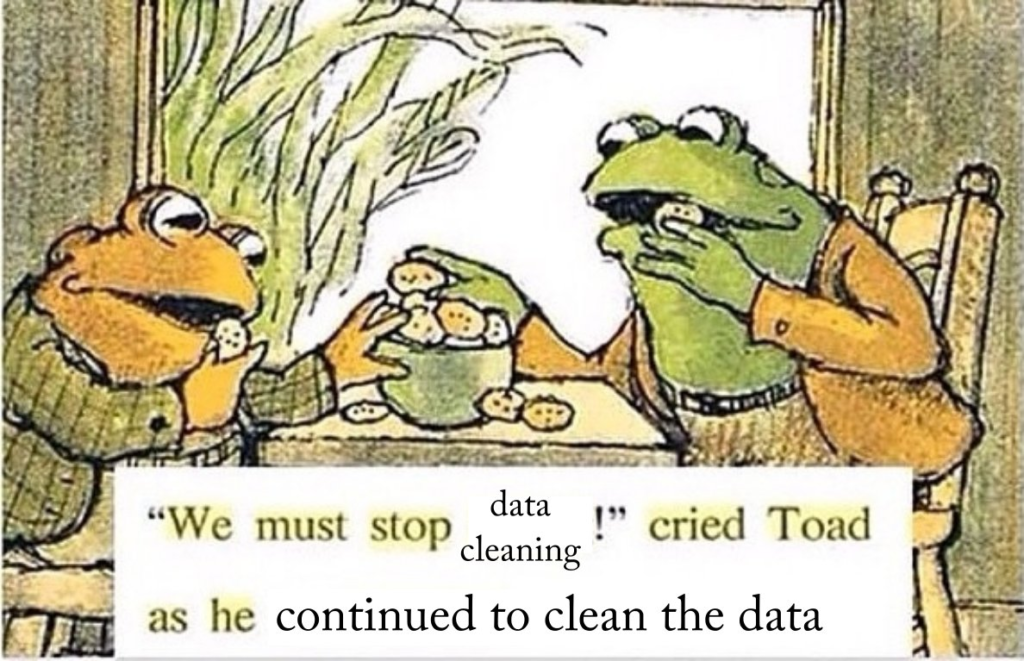

/cdn.vox-cdn.com/uploads/chorus_asset/file/24801728/Screenshot_2023_07_21_at_1.45.12_PM.jpeg)



